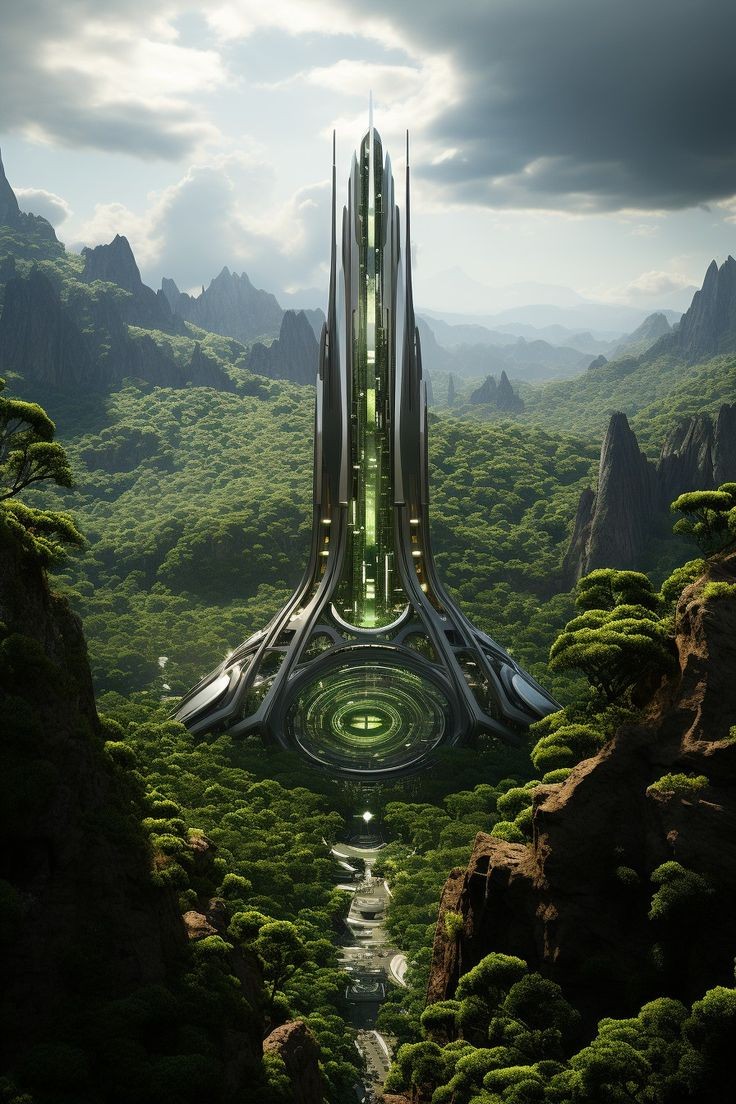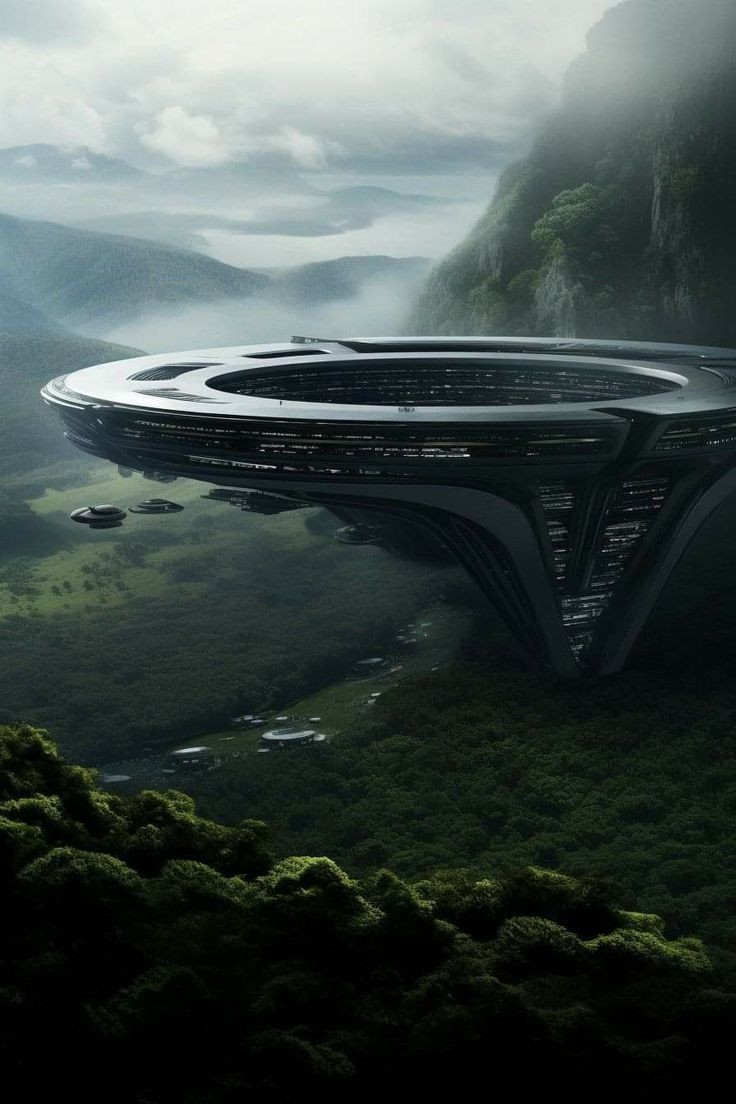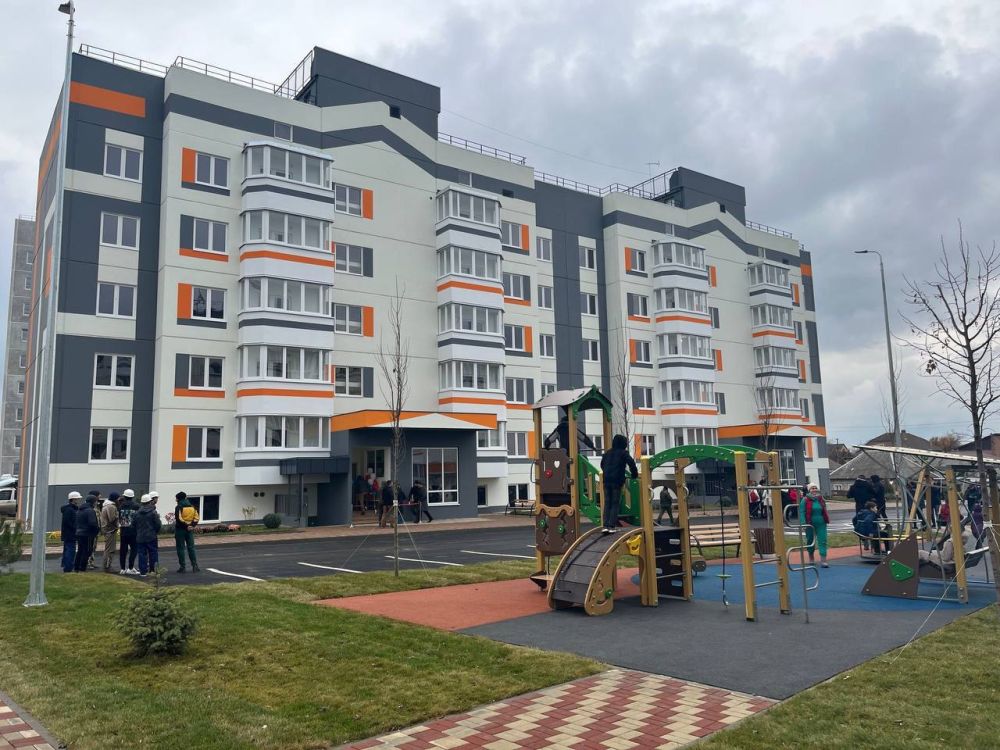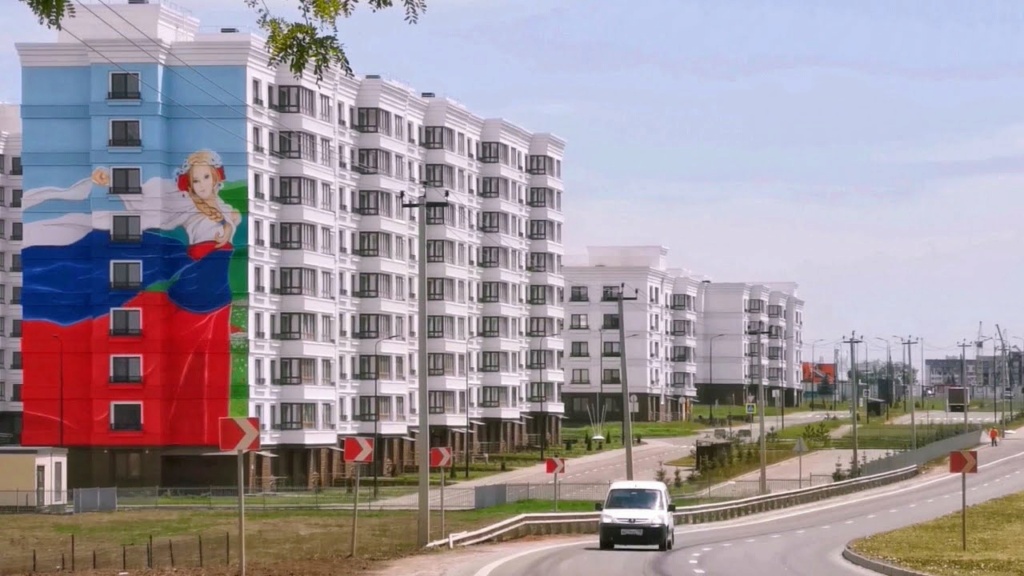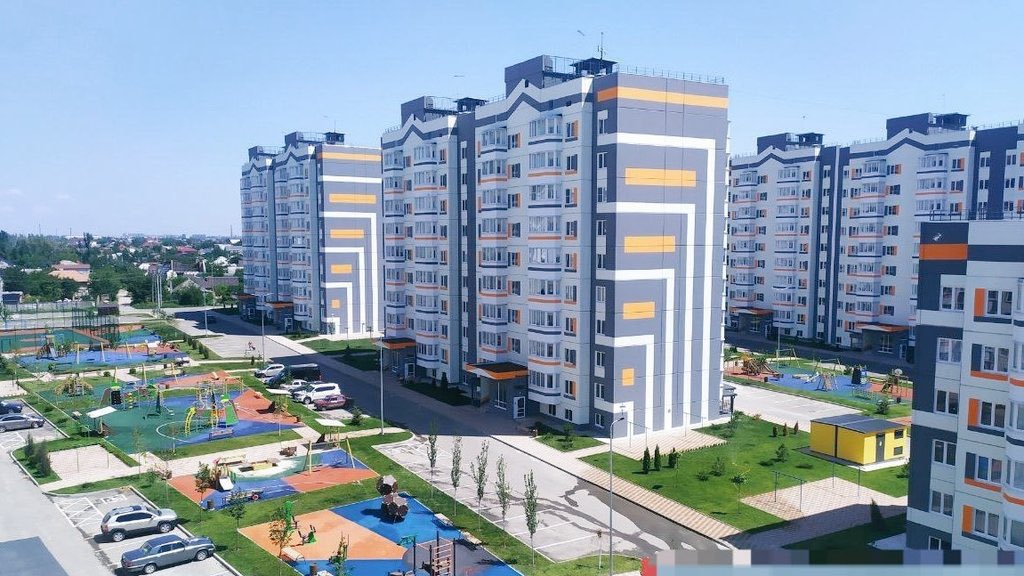Russia built Europe for itself, by Viktoria Nikiforova for RIANOVOSTI. 09.08.2023.
Be it London or Hong Kong, New York or Rio de Janeiro - in any metropolis in the world, a Muscovite can be seen from afar. A sad question froze on his face. Actually, a lot of questions. Why doesn't the bus arrive on schedule every minute? Where is the charger and free Wi-Fi? Why is the restaurant closed, it’s only two in the morning? I have a stomach ache, when will the ambulance arrive? That is, how come she won’t come, are you crazy or what?
Literally everywhere we are missing something, everything is somehow wrong. The Bois de Boulogne might be beautiful, but why are there so many prostitutes there? The Tiber embankments are atmospheric, but why throw junk on them and try to sell it to tourists? The New York subway is dirty and scary. There are often no escalators in the London Underground and you have to stomp upstairs on foot.
Muscovite runners almost started an uprising in Israel when they did not find their native pumpkin latte there. The cottage cheese from (there should have been an advertisement here) has already made thousands of relocators come back. "And they eat Russian fat!" - Sergei Mikhalkov would say morally here.
Poor drinking in the center of Rome cappuccino for 11 euros per cup. Somehow it's boring. Even Bernini's marbles pale next to this ridiculous price. You involuntarily remember your own restaurant on the corner of Tverskaya-Yamskaya - you want to go home.
A lot of it is just nostalgia, of course. Moscow had difficulty letting its children go before, we loved it even in the 90s, with all its cracks in the plaster. But now it's different, today the expression "the best city in the world" sparkled with new colours.
According to independent experts - often from the most unfriendly countries to us - Moscow is included in all the top megacities of the world. But in terms of the combination of "price - quality - safety" it is the absolute leader, there is nothing to argue about.
There are cheaper capitals, but, frankly speaking, it’s scary. There are more luxurious cities, but you have to sell a kidney to live there for at least a week. And only in Moscow you can enjoy ultra-modern comfort at a very reasonable price and freely walk around midnight - after midnight, without fear of unpleasant meetings.
All this seems as familiar as air. We don't even pay attention to it. But by modern standards this is an increasingly rare luxury.
Before the eyes of my generation, Western megacities are confidently and rapidly turning into Gotham City - a few blocks for the rich and a gloomy, endless ghetto for the poor, with areas where neither tourists nor the police go. From New York to Marseille, the big cities of the West made this journey in a couple of decades.
Today, no one in his right mind would go for a breath of air in New York's Central Park after midnight. At the same time, in summer Moscow, life is just beginning - lovers walk along the embankments, tango dances in parks, athletes run through parks. Parents roll strollers in which very young Muscovites sleep.
Safety, healthy food, sports, walks - what else? Even Moscow has an incredibly democratic culture. Dozens of huge concert halls, hundreds of theaters, you can go to a gallery to a good opera for 300 rubles - go at least every day. A huge number of libraries. An endless variety of free lectures, film screenings, exhibitions. "Activities", as they like to say now. Terrible word, but wonderful content.
When I walk along the Moscow boulevard and see smart people in a cafe, it seems to me that 30 years ago, all of us, Muscovites, wanted to build some kind of magical "Europe" in our country. Well, how we imagined it there from films and books: cozy restaurants, wine in tall glasses, beautiful dresses, flowers around, sidewalks are washed with shampoo.
Everyone is kind to each other, and even one's own misfortune is more easily experienced in the noise of a large smart city.
It is not clear how, but we succeeded. Magical, idealized, romanticized by us "Europe", which has nothing in common with the modern EU - here it is, here: in the Hermitage Garden, in Arms Lane, on Malaya Bronnaya. And you don't have to go anywhere. Let Paris continue to mutate into Gotham City. Without us, gentlemen.
Now different people will run into the comments and squeal: "Consumerism! They snickered there in their Moscow!" These people want to say: look around. For this consumer colossus to work properly, millions of people work day and night in Moscow. Chefs knock with knives, orchestra musicians tune instruments, sprinkler drivers wash sidewalks with shampoo, taxi drivers carry passengers, a corps de ballet is engaged at the barre. And all this so that a Muscovite - or a guest of the capital - is fed, watered, dressed, shod, culturally served on time.
Even in the dead of night, Tverskaya is full of cars. Until dawn, the windows of Moscow houses are burning - cars are made here, and drones are made here. Behind this window, the professor is reading a book, preparing for tomorrow's lecture. And here a young programmer does not sleep, writes a game that - what the hell is not joking - will make him a millionaire in a few years.
Moscow air defense reflects Ukrainian drones. Muscovites are fighting on the very front line, as it should be during a people's war: workers, poets, and philosophers are fighting together there. Everything is like two and a half thousand years ago, when the philosopher Socrates and the playwright Aeschylus also successfully fought for their native Athens . "Moscow Regiment" - this is the name of the poem by Vadim Pekov, you can find it in social networks, read it.
And all this is my Moscow. Every September, hundreds of thousands of Rastignacs from the provinces come to us, rent apartments, greet their neighbors uncertainly, look around: how is it here, they won’t laugh? Our capital is not just a social elevator, it is a whole social escalator. Welcome, please don't push. Not even a year will pass before these Rastagnacs will be grumbling about “the ones who have come in large numbers.” But we are all like that here.
My paternal great-grandfather “came in large numbers” to Moscow from the Yaroslavl province at the end of the 19th century. He worked as a waiter, of course: it was a traditional labor niche for Yaroslavl residents. My maternal ancestors moved to the capital in the mid-1920s, almost immediately after the Civil War. They lived poorly, but worked as hard as they could.
What a pity that I can not show them today's Moscow, I think they would be delighted. When the whole city goes out to the "Immortal Regiment", it seems to me that we are doing just that - showing our ancestors how we live today, asking them: how do you like it?
Today, in our hearts, we believe that it’s not Kiev (it’s not supposed to be by gender), but Moscow is the true mother of Russian cities. Happy birthday, eternal city!
https://ria.ru/20230908/moskva-1894849028.html




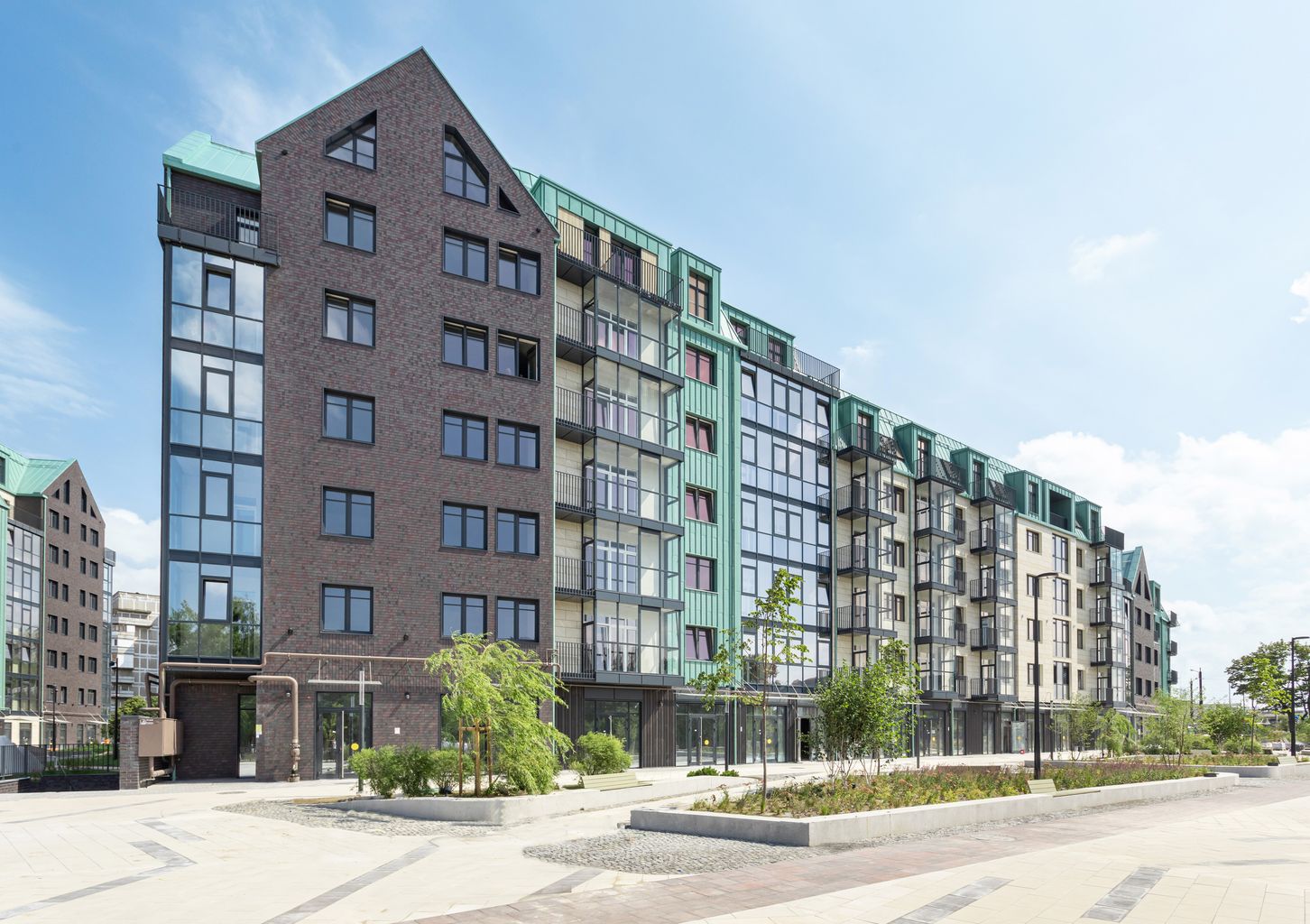
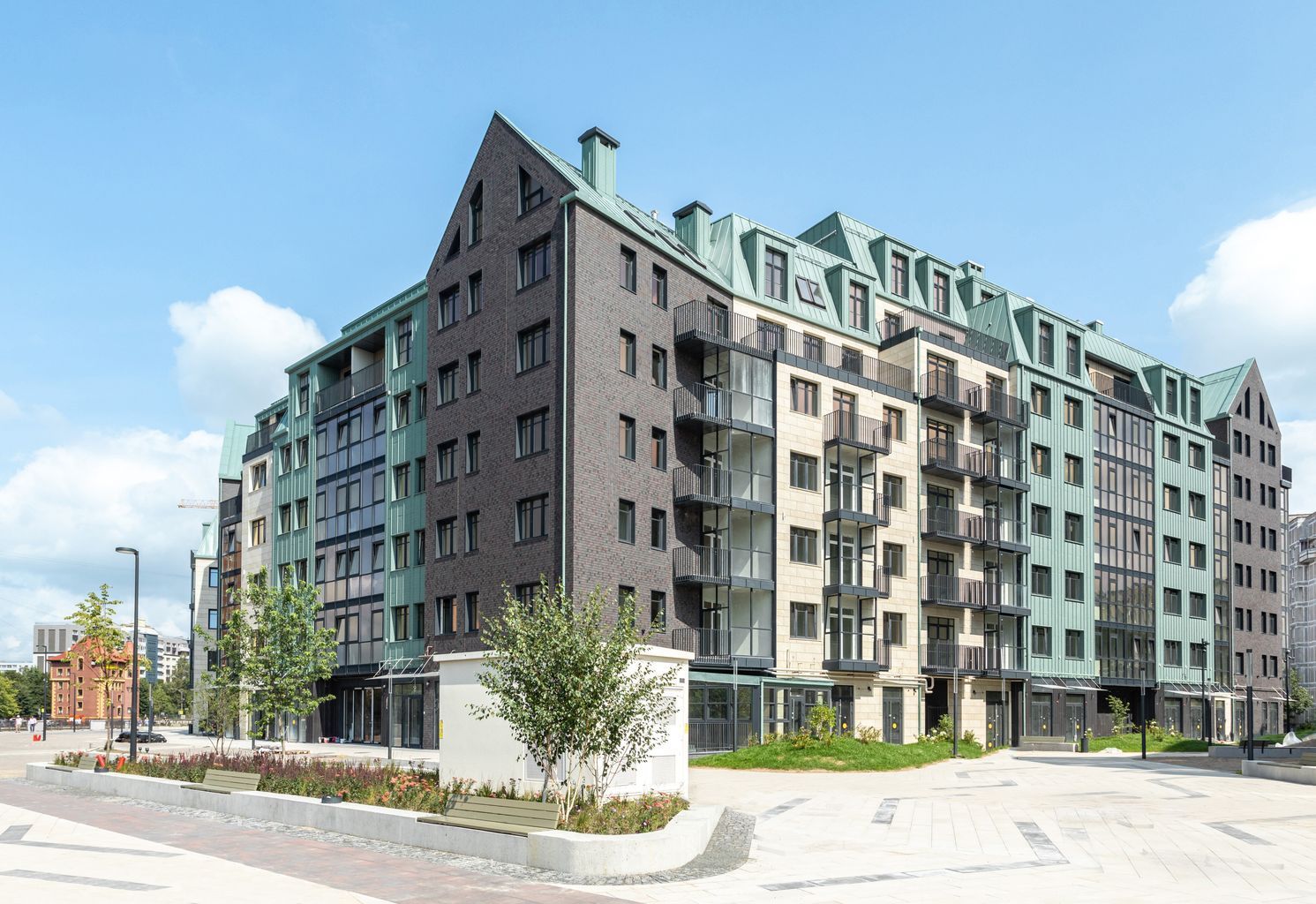










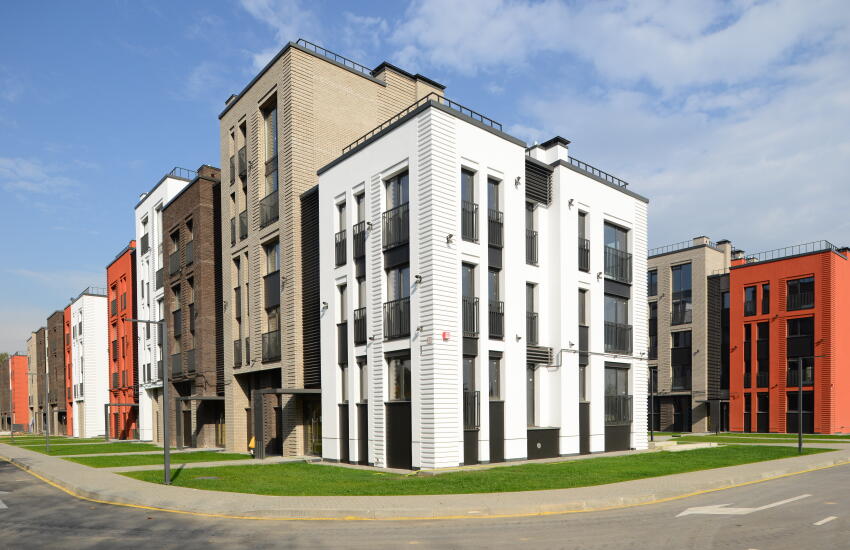
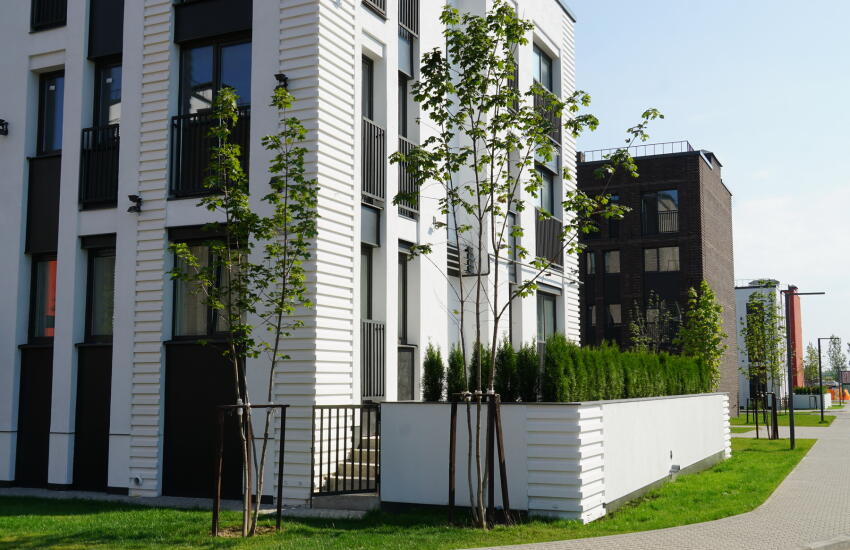
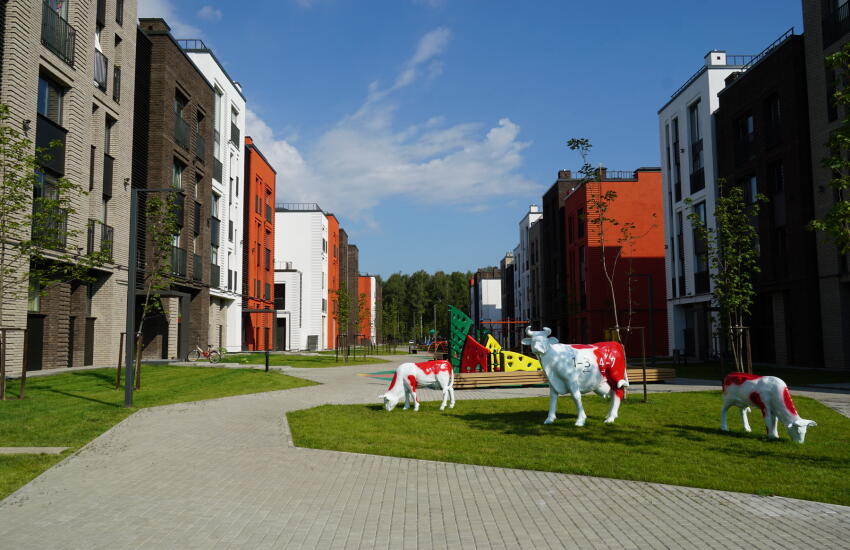


 flamming_python
flamming_python

